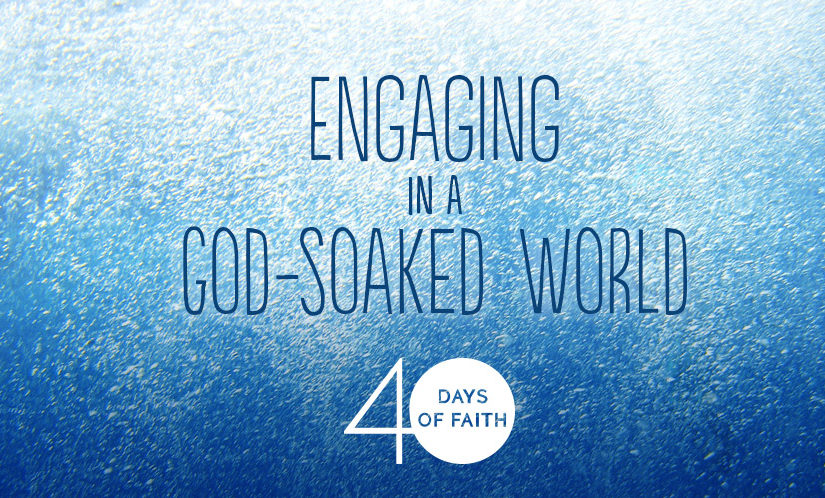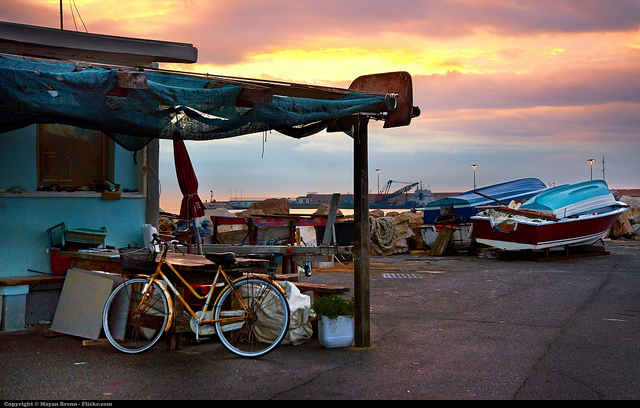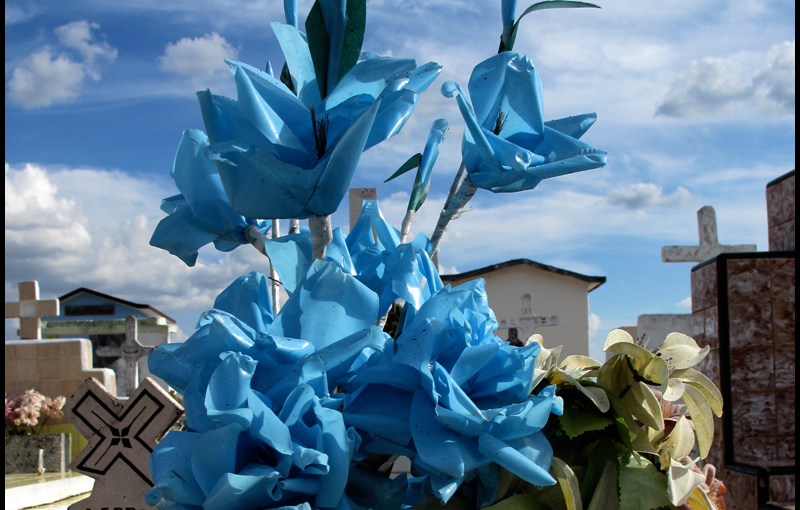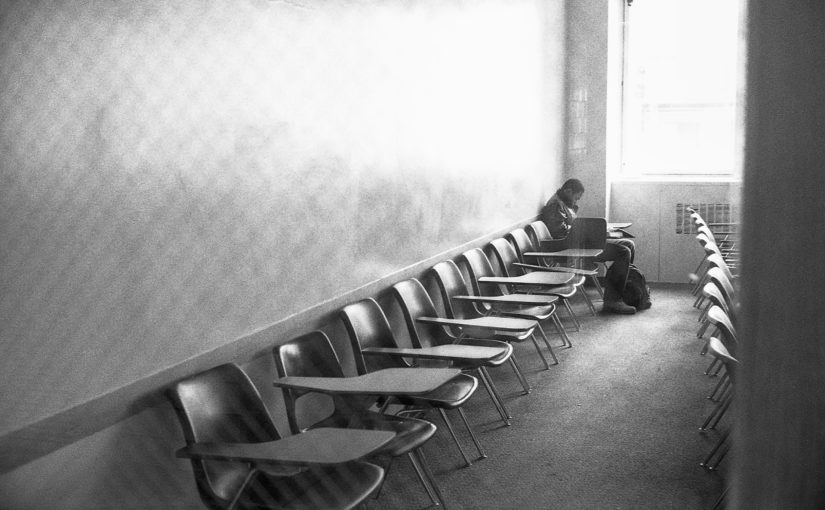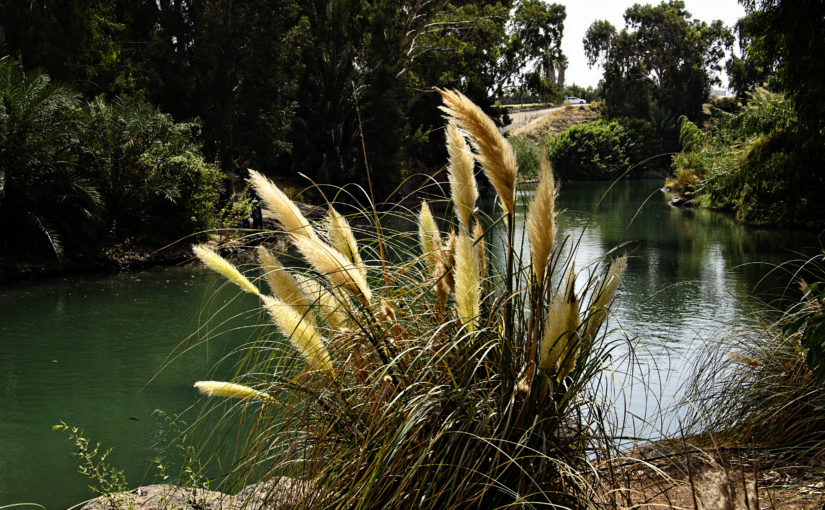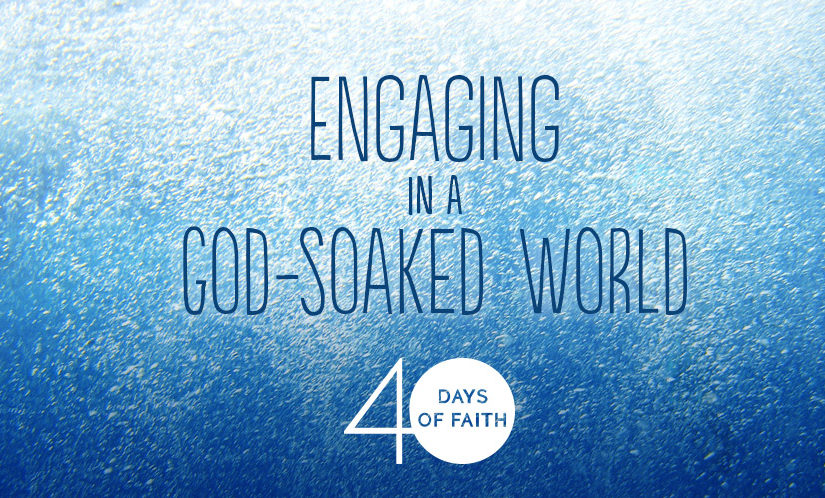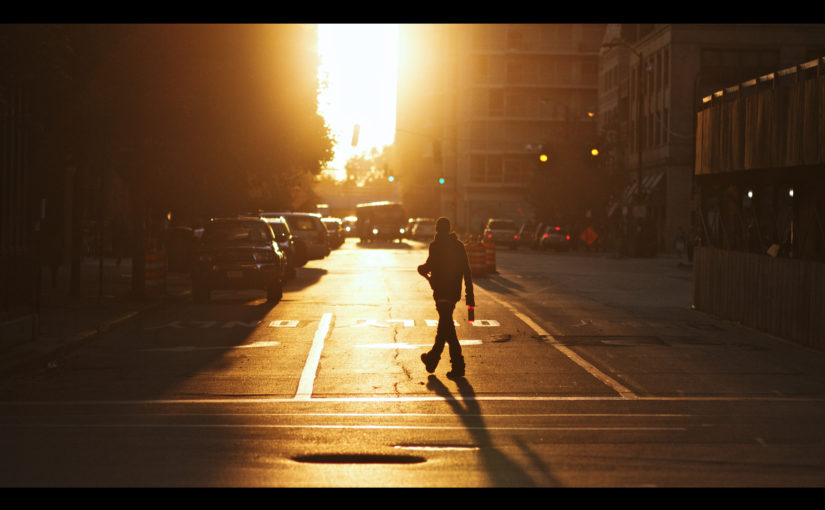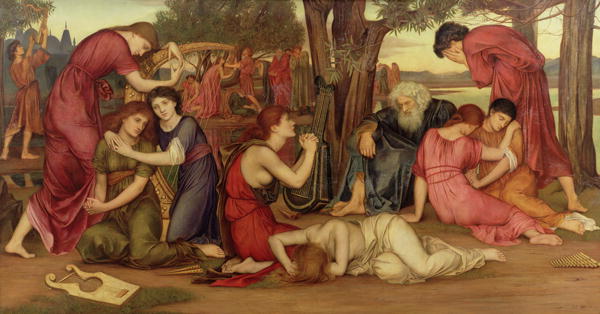Tuesday, March 28 – Luke 4:1-13
1 Jesus, full of the Holy Spirit, returned from the Jordan and was led by the Spirit in the wilderness, 2 where for forty days he was tempted by the devil. He ate nothing at all during those days, and when they were over, he was famished. 3 The devil said to him, “If you are the Son of God, command this stone to become a loaf of bread.” 4 Jesus answered him, “It is written, ‘One does not live by bread alone.’”
5 Then the devil led him up and showed him in an instant all the kingdoms of the world. 6 And the devil said to him, “To you I will give their glory and all this authority; for it has been given over to me, and I give it to anyone I please. 7 If you, then, will worship me, it will all be yours.” 8 Jesus answered him, “It is written,
‘Worship the Lord your God,
and serve only him.’”
9 Then the devil took him to Jerusalem, and placed him on the pinnacle of the temple, saying to him, “If you are the Son of God, throw yourself down from here, 10 for it is written,
‘He will command his angels concerning you,
to protect you,’
11 and
‘On their hands they will bear you up,
so that you will not dash your foot against a stone.’”
12 Jesus answered him, “It is said, ‘Do not put the Lord your God to the test.’” 13 When the devil had finished every test, he departed from him until an opportune time.
Points of Interest:
- In Luke’s, as well as in Mark’s account, this event immediately follows Jesus’ baptism we read yesterday. So when Luke says Jesus is “full of Holy Spirit”, he at least means full of that experience that showed him how much God loved him and was happy with him. The very same Spirit of God then leads Jesus into challenging circumstances. Perhaps we can suggest this teaches us that bad circumstances do not mean we are far from God. Perhaps we can also suggest that an experience of God’s love and pleasure is fortifying for us in hard times. Perhaps this is one of the most resiliency-building experiences we can have, to know that God loves and likes us and is with us.
- Verse two sounds, well, extreme. For nearly six weeks, Jesus is alone in the wilderness, tempted by an accusing spiritual being, and eats nothing the whole time. I’d be famished too – or nearly dead! I don’t know how to consider this story historically. On the one hand, it could be partly symbolic. On the other hand, we do have many accounts of fasts of this length (think hunger strikes) and desert pilgrims. Either way, even if the account is entirely factual, it is also symbolic. The interpretive key is the word “wilderness.” This moment in Jesus’ life is meant to remind us of a key episode in the story of Jesus’ ancestors – the Jewish journey in the wilderness immediately following their own kind of baptism as God’s children in their exodus out of slavery.
In this story, told in the Old Testament book of Numbers, the recently freed slaves and children of God wander in the desert for forty days, facing hunger at times and temptation to not trust a good God. To summarize, they have a hard time. Jesus now takes another shot at managing this kind of experience.
- Jesus and the devil have a battle over identity, power and the Bible. The devil tells Jesus to get food, authority, and attention without trusting God. Provision, power, and glory capture a lot of what all people, and especially all leaders, want. Jesus is convinced that God – not his own scheming and not a rival force – is the best source of these gifts.
A sub-note is that Jesus and the devil are having a battle over the Bible. Each time Jesus resists temptation, he does so by finding help in the Bible, in this case the book of Deuteronomy, the one that immediately follows the stories in Numbers. But in his third temptation, the devil also uses the words of the Bible, reminding us that the Bible can be used for a lot of things. By itself, it isn’t authoritative or “correct.” It’s only helpful when the Spirit of God guides someone into life-giving truth through its medium.
- Luke doesn’t give us this story from a gods-eye perspective. Why does the Spirit of God drive Jesus into the wilderness to have these experiences? We can’t say for sure. Here’s one stab, though. Just as Jesus has experienced God’s love and pleasure in his baptism, he too needs to experience that God’s love and pleasure aren’t withdrawn during difficult times. And Jesus also gets to deepen his commitment to finding pleasure and provision and power and attention as God provides them, not through tricks or shortcuts or power plays.
This isn’t a test in the sense of a gotcha experience designed to stress Jesus out or show his weaknesses. It’s a test as learning opportunity. Perhaps this is a helpful way of interpreting our own trying circumstances – not as punishments or traps but as learning experiences to remember God’s love and presence and promise that good things come with trusting God.
Prayer for your church – Pray that people in your church will learn the Bible not to feel more religious and certainly not as a tool to use against anybody else, but as one means for finding help in trusting God.
Spiritual Exercise – This week our spiritual exercise will be listening to and meditating on the words of Jesus, letting God speak to us through them. In today’s passage, Jesus quotes the old line, “One does not live by bread alone.” Sit quietly and imagine Jesus speaking these words to you. What is your reaction to these words? How are they easy or hard to receive? How do they encourage or inspire you?


